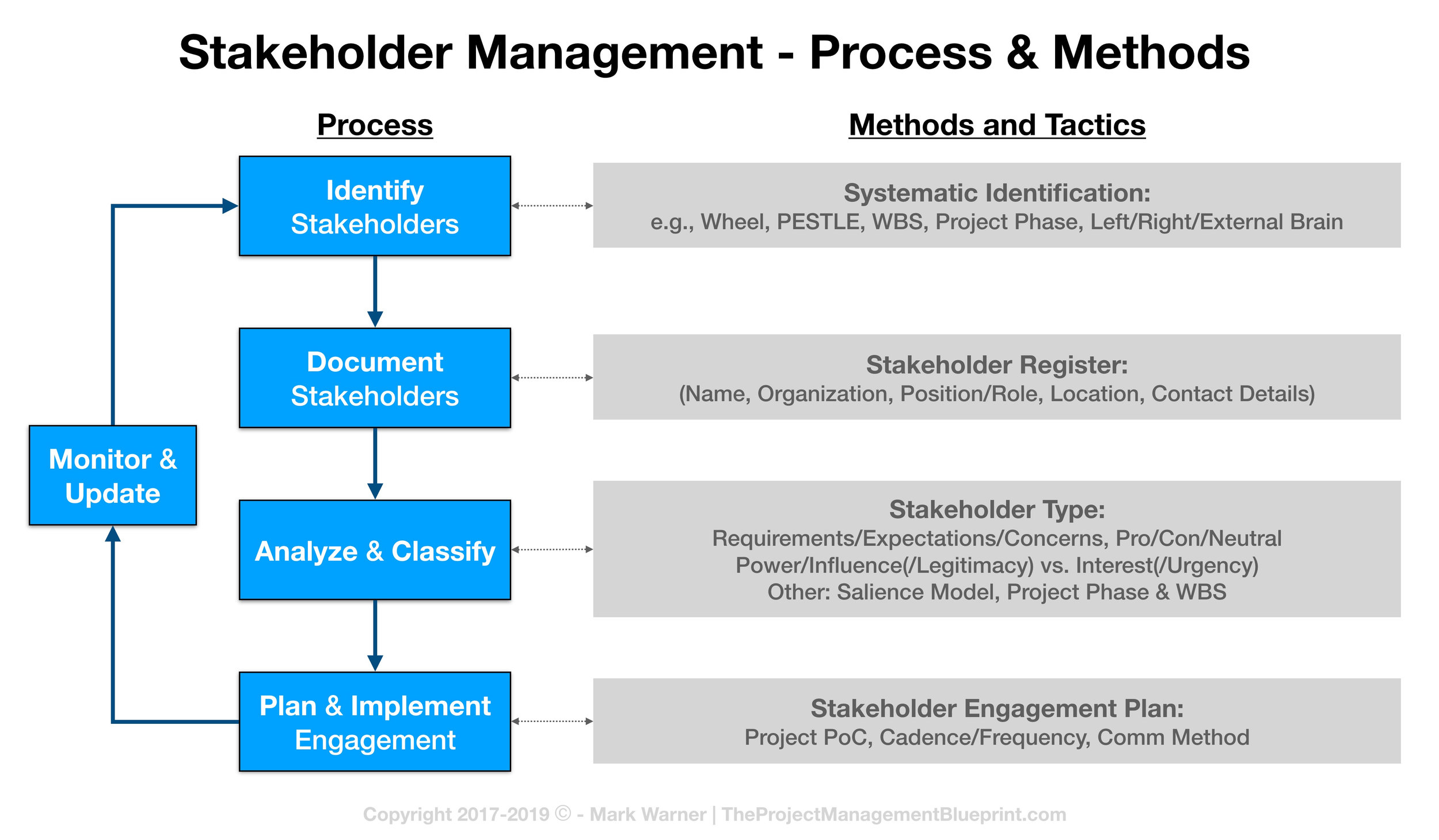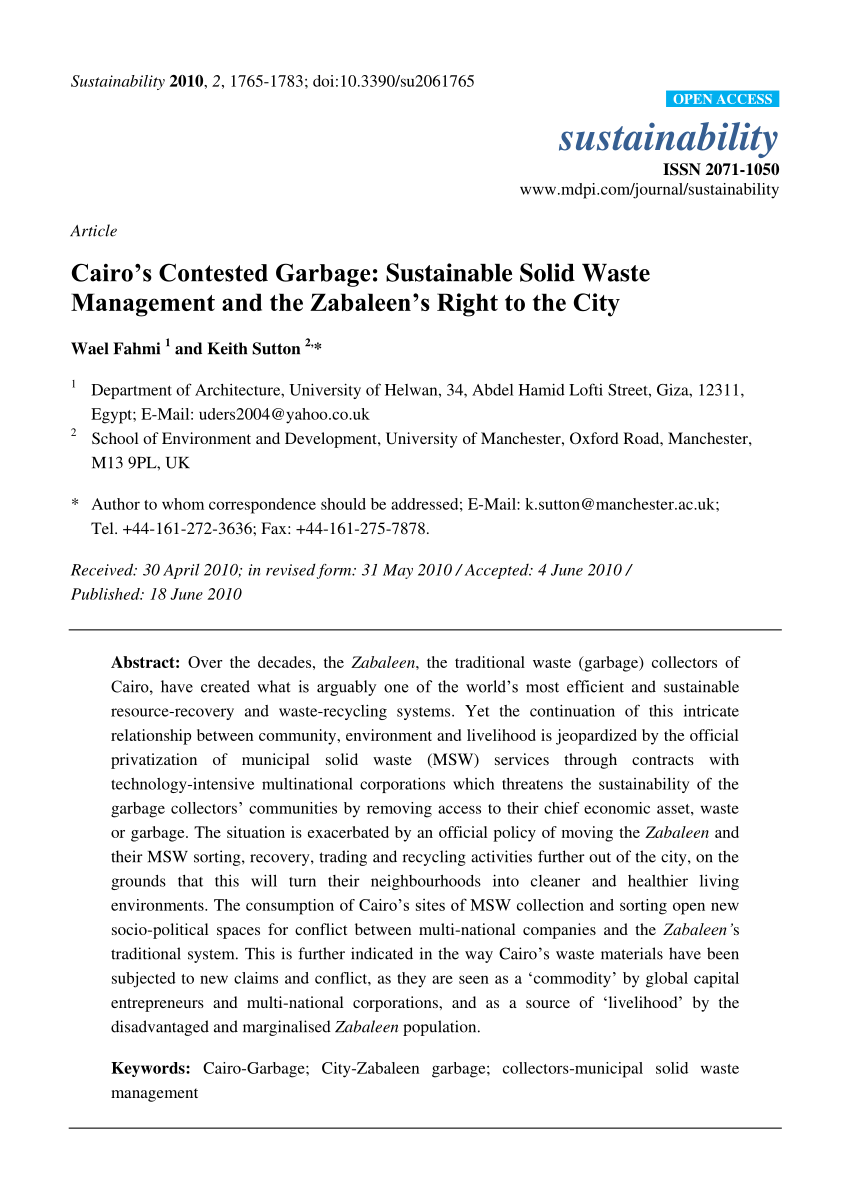
Management of education is an important part of education. It involves collaboration among many educational professionals. This collaboration involves sharing information, goals, and other stakeholders with faculty. Also, there is a chance for feedback. Technological advancements are a crucial ally in managing education both inside and outside of the classroom. It has become possible to manage educational systems using digital technologies. This article details some of the many ways technological innovation could benefit educational institutions.
Principles of democratic educational administration
Schools administrators should encourage students to participate in decisions about education according to democratic educational management principles. They need to recognize that teachers value the freedom to express themselves and are often frustrated by being denied this right. It is crucial for schools to provide opportunities for teachers to use their individual intelligence in making decisions.
As educators, we need to seek democratic educational management through consultation with the students, professionals, and community members. This will help to create a positive social environment at school. We need to make sure that students are aware of the importance democratic day-to-day events. These are just a handful of the guiding principles which guide our educational decisions.

The sharing principle is a belief that all students should share their responsibilities and goals in education institutions. This principle will help create an environment where everyone feels the same responsibility for the school's success. Teachers, students and administrators share equal responsibility for the education quality. Each participant must make the planning process a collaborative effort.
Need for trained professionals in educational management
In all educational areas, there is a need to train professionals in educational administration. Some are teachers, while others are administrators. Education management professionals must be capable of leading and managing a team regardless of their role. These professionals frequently work with students, teachers, as well as staff.
A wide variety of skills are required for those who want to pursue a career in education management. This includes leadership skills and research skills. They should also be experienced in applying new educational concepts in practical settings, which is why advanced degrees and professional experience are important. Bradley University offers an online Ed.D. Professionals who wish to gain advanced degrees in education management or have experience in this field. Expert faculty members provide flexibility in scheduling and share their expertise.
For many roles in education management, a graduate degree in educational administration is required. This program addresses issues pertinent to this field. These include diversity and community, curriculum development, management, and curriculum. Students will also study financial reporting, human resources, and other traditional business-related classes.

Challenges facing educational management
Educational management is facing many challenges in today's complicated world. Many of them require that we shift away from the traditional focus of teaching and learning to take a more holistic look at the needs of students. So education must change to meet the needs of today's world. However, it should still be able to maintain its current practices.
Education is in constant flux. It is essential that educational institutions are efficient and effective. Education institutions are faced with many challenges. They must manage projects and teams effectively. Education projects can be complex due to multiple stakeholders and diverse personalities. The educational sector must also be able meet the growing demand for education services. There are many ways to help educators manage educational projects and overcome these obstacles.
Education management must adapt to changing technology and social structures. Technology has fundamentally changed the nature and function of learning. Educational management must be able to adapt to these changes.
FAQ
What are the five management steps?
The five stages of a business include planning, execution (monitoring), review, evaluation, and review.
Setting goals for the future is part of planning. Planning includes setting goals for the future.
Execution is the actual execution of the plans. These plans must be adhered to by everyone.
Monitoring is the act of monitoring your progress towards achieving your targets. Regular reviews of performance against budgets and targets should be part of this process.
Each year, reviews are held at the end. They allow for an assessment of whether all went well throughout the year. If not, changes may be made to improve the performance next time around.
After each year's review, evaluation occurs. It helps to determine what worked and what didn’t. It also provides feedback on the performance of people.
What role can a manager fill in a company’s management?
Each industry has a different role for a manager.
A manager generally manages the day to-day operations in a company.
He/she is responsible for ensuring that the company meets all its financial obligations and produces the goods or services customers want.
He/she is responsible for ensuring that employees comply with all regulations and follow quality standards.
He/she oversees marketing campaigns and plans new products.
How does a manager motivate his/her employees?
Motivation refers to the desire to perform well.
It is possible to be motivated by doing something you enjoy.
You can also be motivated by the idea of making a difference to the success and growth of your organization.
For example, if your goal is to become a physician, you will probably find it more motivational to see patients rather than to read a lot of medicine books.
Another source of motivation is within.
You might feel a strong sense for responsibility and want to help others.
Maybe you like working hard.
Ask yourself why you feel so motivated.
Then think about how you can make your life more motivating.
What is Kaizen?
Kaizen is a Japanese term which means "continuous improvement." This philosophy encourages employees to continually look for ways to improve the work environment.
Kaizen is founded on the belief of everyone being able to do their job well.
Statistics
- Your choice in Step 5 may very likely be the same or similar to the alternative you placed at the top of your list at the end of Step 4. (umassd.edu)
- The profession is expected to grow 7% by 2028, a bit faster than the national average. (wgu.edu)
- Our program is 100% engineered for your success. (online.uc.edu)
- This field is expected to grow about 7% by 2028, a bit faster than the national average for job growth. (wgu.edu)
- Hire the top business lawyers and save up to 60% on legal fees (upcounsel.com)
External Links
How To
How can I obtain my Six Sigma license
Six Sigma is a quality control tool that improves processes and increases efficiency. It is a process that helps businesses achieve consistent results in their operations. The name comes from the first two letters of the Greek word "sigmas" which mean "six." Motorola developed this process in 1986. Motorola realized that it was important to standardize manufacturing processes so they could produce products quicker and cheaper. The many people involved in manufacturing had caused problems with consistency. To solve this problem, they decided to use statistical tools such as control charts and Pareto analysis. After this, they would apply these techniques to every part of the operation. This would allow them to make any necessary changes. Three main steps are involved when you're trying to go through the whole process of getting your Six Sigma certification. The first step is to find out if you're qualified. Before you take any exams, you'll need to take some classes. Once you pass those classes, the test will begin. The class material will be reviewed. Then, you'll be ready to take the test. You will be certified if you pass the test. Final, your certifications can be added to you resume.